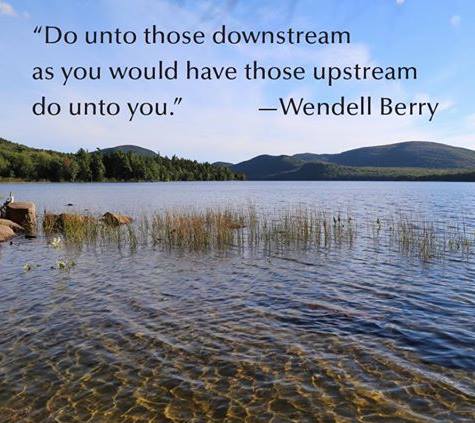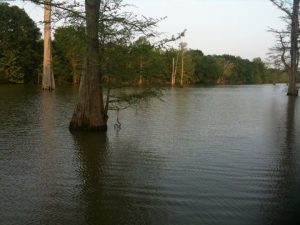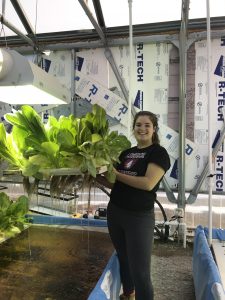By George Gehrig
In August 2018, I retired after working for years in Louisiana at a high pressure academic health sciences center. There was a real attraction to just heading to the mountains, and hiking to my heart’s content. Montana, especially Glacier National Park, always called me. I had always wondered what it would’ve been like to live and work in a place of such beauty. I decided to find out by taking a temporary interpreter position at Big Hole National Battlefield. Working there allowed me to delve deeply into the life of a hero of mine, Chief Joseph of the Nez Perce.
His love of the land, his persistence in righting historical wrongs, and his ability to rally others to his cause touched me in way that I did not expect. Instead of loafing off, I decided that I should try to do something more meaningful in my retirement, and hopefully something having to do with watersheds on a landscape level, which had always been an interest of mine after having read an article entitled “The United (Watershed) States of America,” by Montanan John Lavey. The opportunity came when I saw the EnergyCorps AmeriCorps position with the Clark Fork Coalition (CFC).
My first couple of months have been a whirlwind. I’ve had the opportunity to do water quality monitoring with high school students in Frenchtown and riparian zone assessment and rehabilitation with middle schoolers in Deer Lodge, participate in a long range planning meeting at the CFC’s Dry Cottonwood Creek Field Center, attend a public discussion at the Powell County Community Center regarding the future of Warm Springs Ponds, participate in multiple tree plantings and creek restoration work, and to prepare for the upcoming Snow and Tell program offered to local middle and high school students.
I’m just now beginning to gain an appreciation for the magnitude of the environmental challenges posed by residual mining waste and the resulting superfund cleanups, dewatering due to agricultural and urban pressure, riparian zone destruction, forecasted impacts due to climate change, and the scope of CFC’s leadership and involvement in these issues. And I’m more convinced than ever that watersheds should be an organizing principle around which people gather to talk about, and plan, for a sustainable future. It’s truly gratifying to meet, and work with, so many people and organizations that are involved in this important work.








